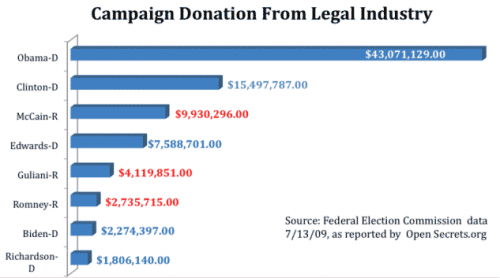The whole "health care rationing" debate is reaching new levels of absurdity. In part, this is because the very term "rationing" is a confusing misnomer.
So here is what it boils down to: For every product or service purchase, someone makes a price-value trade-off to determine if that product or service should be purchased for a given price in that particular instance.
One option for making this decision is to have the person who actually will consume the product or service -- and whose money will also be used to complete the transaction -- make this price-value tradeoff. This is how we make these decisions for just about, um, absolutely everything that gets purchased. Since it is your money and you are the one who will enjoy whatever is being purchased, it makes sense that you make the decision - is the price worth it? Do you buy a cheaper substitute? Do you do without?
A second way to do this would be to have someone who has you specifically in mind make the price value tradeoffs for you. This might be like your wife volunteering to go out to buy you some new underwear. While results may be superior for this approach in a few cases (e.g. my wife buying me clothes), in most cases this approach is fraught with information asymmetries that will likely lead to a suboptimal purchase. Consider, for example, my wife buying me the cheap 28" TV when I had wanted to drop the big bucks on a 60" beauty.
If one were sloppy, he might say that this second approach is the role that exists with insurance companies or is being proposed for the government. But this isn't the case. Because these third parties are NOT making the decision with me and/or my personal preferences in mind. They can't. While my wife may have an imperfect understanding of my preferences, a government health board has none.
So a third model, and almost certainly the worst in terms of individual satisfaction, is to have a third party make price-value tradeoffs for me only with some notion of average preferences for average people, or worse, with an incentive system that has absolutely nothing to do with my satisfaction at all. This is clearly the case for the government, and is probably the case for many private insurers today -- though at least in the latter case one could imagine a regulatory regime that allowed for much more competition and a range of offerings with different service levels and pricing, such that I was more likely to find a pairing close to my preferences than I would in a one-size-fits-no-one government regime.
Skeptics worry that such a range of choices would not exist under private competition, but in fact it does in every single market where the government allows it. Take grocery stores, since the President of Whole Foods has come into so much criticism from government health care promoters. The choices in grocery shopping are simply staggering -- just think what different price/value points Wal-Mart, Whole Foods, Safeway, AJ's, and the farmers market offer.
I am constantly amazed when people say that government health care is no different than private competitive models because there will always be rationing. If you cannot see the difference between "rationing" for yourself based on your own budget and preferences and "rationing" by government committee, well I suppose you deserve what you get. Except for the problem that unfortunately, I will be forced to take it too.



